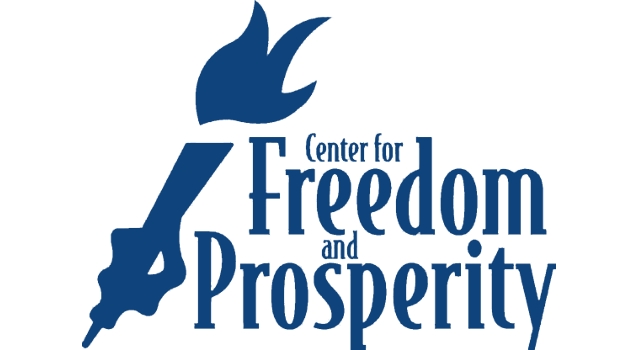As the rest of the world is forced to deal with imperialist US tax policy, Americans and the US economy are continuing to suffer the consequences. We’ve already written about how FATCA is causing Americans being dropped from banks in Switzerland, Taiwanese banks reducing their American holdings, and even how some are fighting back. Now we’ve received reports that Thai banks are limiting services to US persons, which the news has confirmed:
The Foreign Account Tax Compliance Act (Fatca) requires US taxpayers holding foreign financial assets with an aggregate value exceeding US$50,000 to report the information on their annual tax return. But it also requires foreign financial institutions to report certain information to the US Internal Revenue Service (IRS) about financial accounts held by US taxpayers or by foreign entities in which US taxpayers hold a substantial ownership interest.
Thai financial institutions are only starting to realise how the law will affect them, which features a 30% withholding tax on payments to non-US persons or entities that do not comply with Fatca.
“In typical fashion, US lawmakers used a sledgehammer when a flyswatter would have done,” said Eric Roose, a Tokyo lawyer and owner of the Firehouse eatery on Sukhumvit Soi 11.
…
As the regulations have not been finalised yet, many banks are reluctant to act and are still gathering information, said Mr Blaine. Kasikorn Asset Management and TMB Asset Management have both decided not to offer their mutual funds to Americans. While no Thai banks have shut their doors to Americans, expats in Europe and other parts of Asia have not been so lucky.
“I know an American physician who had been in Saudi Arabia for a long time who just had his account closed out in Singapore,” said Doug Harrison, the owner of Bourbon Street Restaurant on Soi Ekamai. “This new law is a real pain in the neck. It’s just too intrusive.”
Let this be a lesson. This is what happens when significant legislation is rammed through Congress without a single hearing or word uttered in debate, without any thought given to cost or consequence. But folks are now waking up and speaking out. And with the new year marking another missed deadline for the Treasury Department to offer final rules, it’s time for banks that have been scrambling to comply with not-yet-written rules to realize that they should stop wasting their time and money. If even a fraction of the resources used to comply with unconscionable US dictates was used to fight them instead, we could have overturned this destructive law already.

